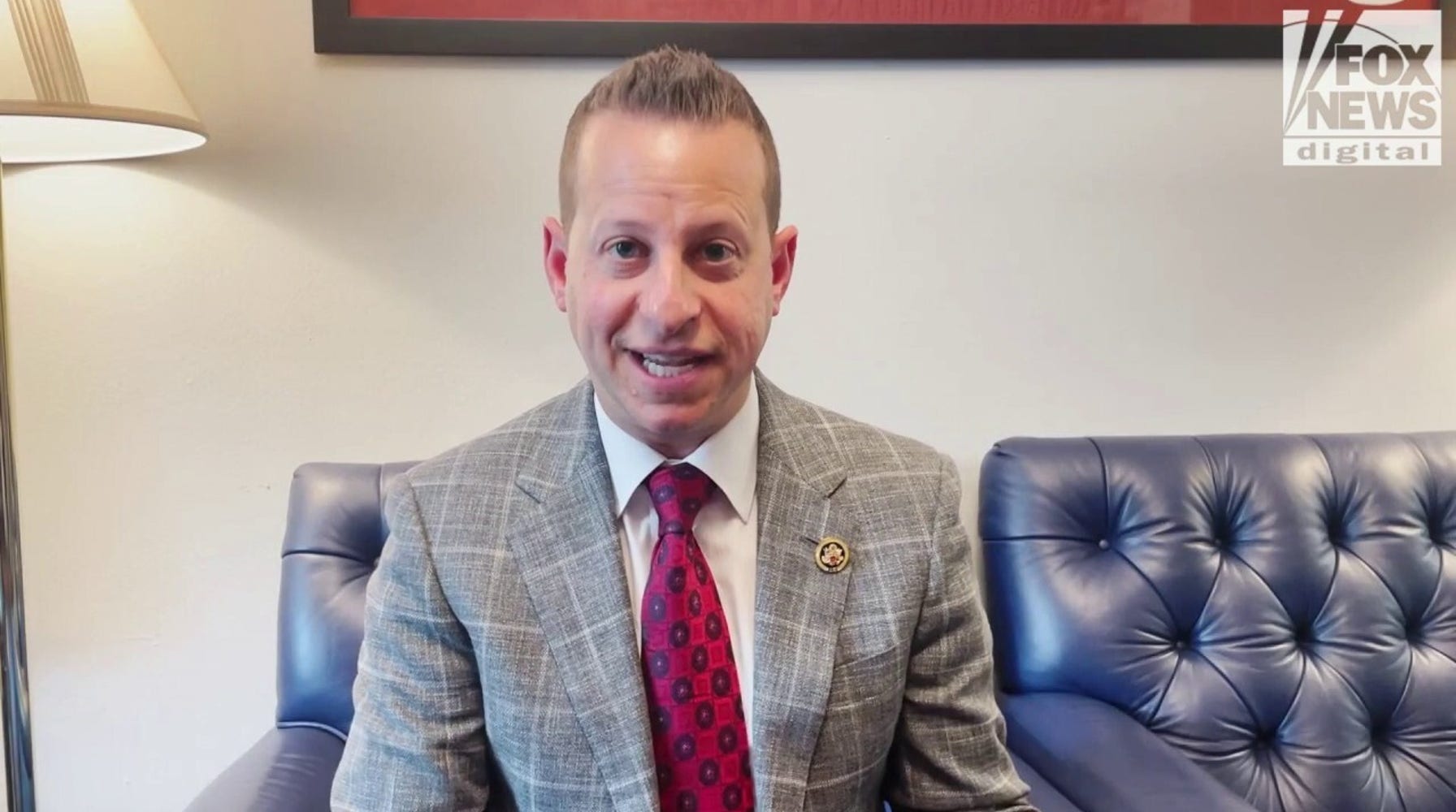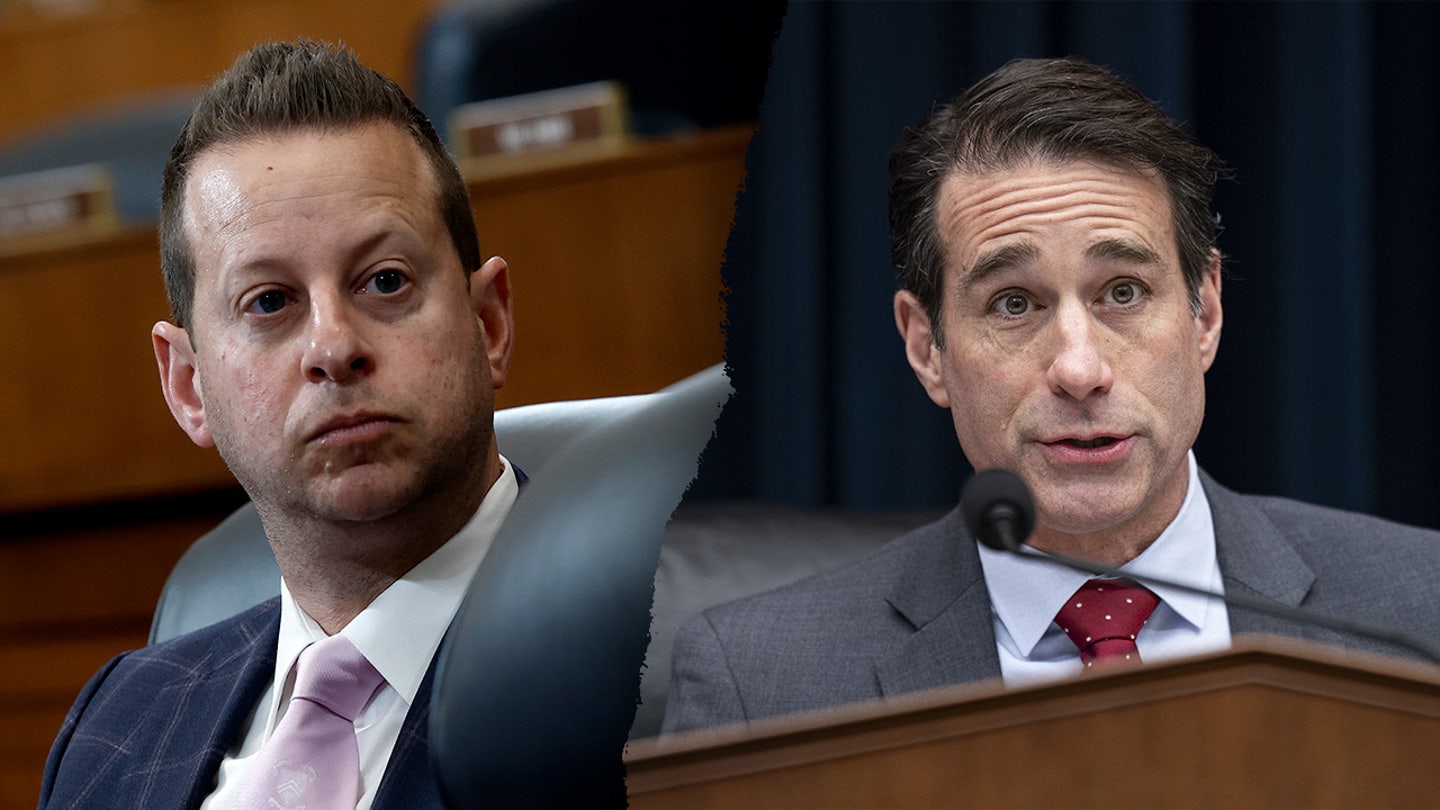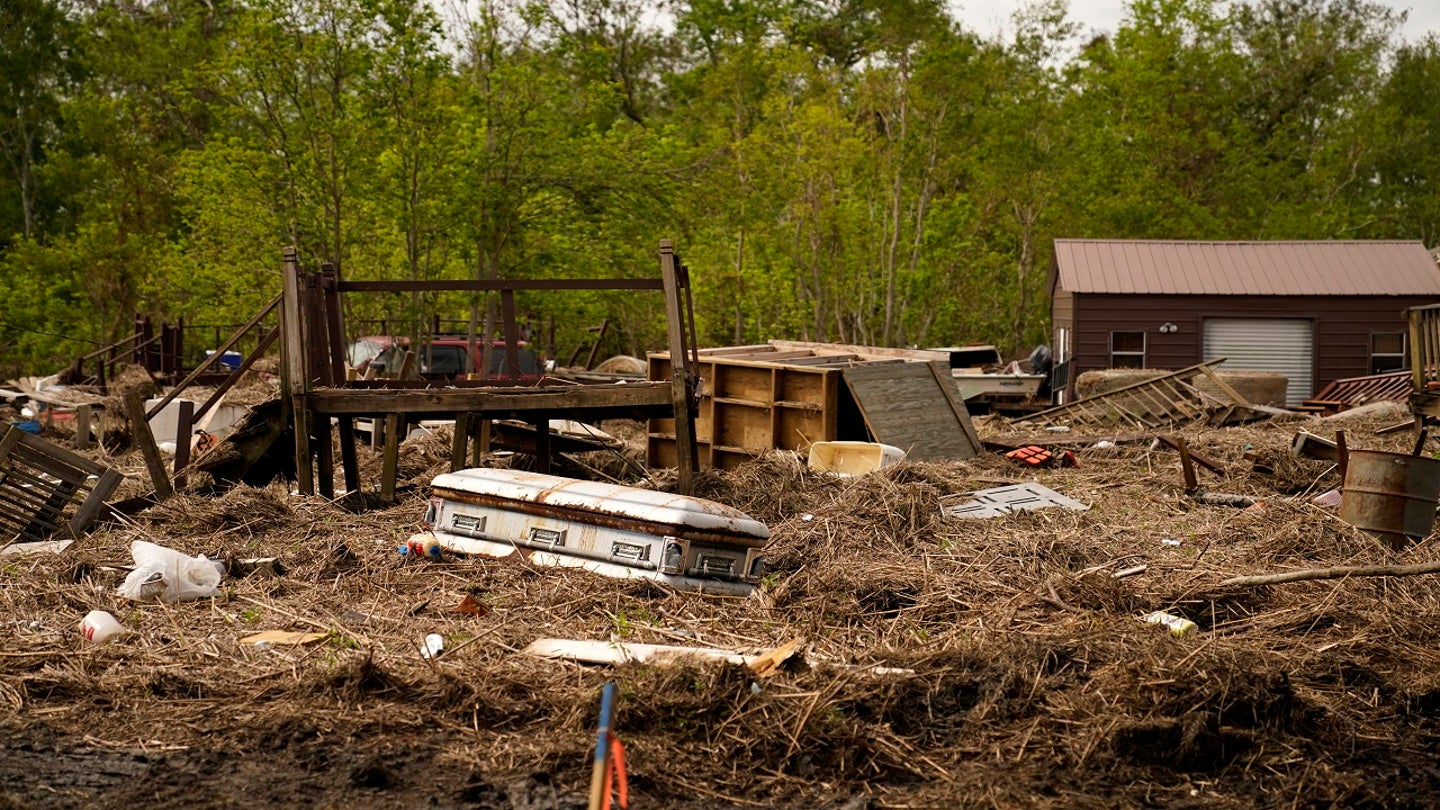Amidst predictions of an intense hurricane season, a bipartisan group of lawmakers is urging the elevation of FEMA to a Cabinet-level position, citing concerns about bureaucracy and inefficiencies within the Department of Homeland Security.

With the United States bracing for an active hurricane season, Representatives Jared Moskowitz (D-Fla.) and Garret Graves (R-La.) have joined forces to spearhead a bill that would elevate the Federal Emergency Management Agency (FEMA) to a Cabinet-level position. The move aims to streamline disaster response and enhance the agency's ability to effectively manage crises.
Currently, FEMA operates under the umbrella of the Department of Homeland Security (DHS), a placement that both Moskowitz and Graves believe has hindered its efficiency. They argue that partisan politics within DHS can compromise disaster management efforts, which should remain nonpartisan and focused on the needs of all Americans.

Moskowitz emphasizes the urgency of addressing FEMA's current challenges, stating, "Now is the time for people to prepare in the community. Now's the time to take advantage." He believes that removing FEMA from DHS will allow the agency to operate more swiftly and effectively during emergencies.
Graves echoes these concerns, noting that FEMA's placement under DHS has resulted in a backlog of disaster relief claims, hindering the recovery efforts of communities affected by natural disasters.

The National Oceanic and Atmospheric Administration (NOAA) has forecasted an "above-normal" Atlantic hurricane season, with 85% likelihood of eight to thirteen hurricanes forming, of which four to seven are predicted to be Category 3 or higher. This prediction highlights the need for robust disaster preparedness measures, including efficient FEMA operations.
Moskowitz attributes the increasing frequency and severity of natural disasters to climate change, emphasizing the importance of strengthening FEMA's capabilities. He argues that the agency will face growing demands in the coming years, and its current position within DHS limits its ability to fully meet these challenges.

Graves' experience with Hurricane Ida claims illustrates the need for a more agile FEMA. He points to billions of dollars in outstanding claims stemming from Hurricane Ida and other recent storms, highlighting the bureaucratic obstacles that can delay disaster relief.
The lawmakers' proposal has gained support from other bipartisan members of Congress, who recognize the urgent need to improve FEMA's operations ahead of the hurricane season. They believe that the elevation of FEMA to a Cabinet-level position will provide the agency with the resources and authority to respond more effectively to disasters.
The current bureaucratic structure within DHS, according to Moskowitz, has "bogged down" FEMA, hindering its ability to respond swiftly and effectively in the aftermath of disasters. The bill aims to address these inefficiencies by providing FEMA with greater autonomy and resources to better serve communities impacted by natural disasters.
The bill's proponents emphasize that FEMA's mission should remain nonpartisan, focusing on providing assistance to all Americans in times of need. They argue that elevating FEMA to a Cabinet-level position will ensure that disaster management is not influenced by political considerations.










